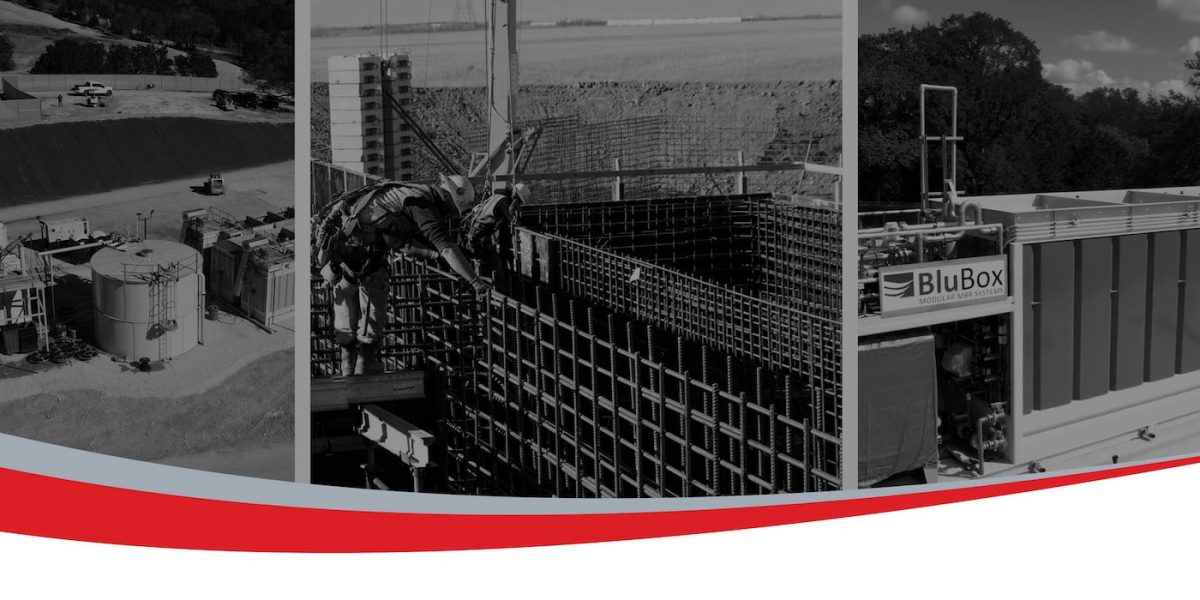Membrane Bioreactors are becoming increasingly popular among developers, engineers, and utility districts due to their small footprint and extremely high-quality effluent. Here are some of the top advantages of MBRs.
ADVANTAGES:
High Effluent Quality
The membrane’s small pore size completely retains biomass, including entrapped and absorbed inorganic and organic micro-pollutants, pathogens, viruses, and macromolecules and is subjected to a longer treatment time. The effluent can be directly reusable or recyclable and can be released into the environment. MBR technologies enable developers to treat wastewater streams to meet even the strictest of permit regulations.
Small Environmental Footprint
MBRs require less space in comparison to CAS processes since large clarifiers are no longer needed. A smaller, common rectangular-shaped tank housing the membrane modules replace the clarifier and therefore there are fewer pipes, valves, and equipment required. MBRs also reduce the activated sludge treatment footprint by removing part of the liquid component of the mixed liquor. The concentrated waste is then treated in the activated sludge process.
Independent HRT and SRT
Sludge retention time (SRT) and hydraulic retention time (HRT) are completely independent since sludge solids are completely retained in the bioreactor. This is different from the CAS process where the flocculant solids (‘flocs’) that make up the biomass must be allowed to grow to the point where they can be settled out in the secondary clarifier.
Provides Better Biotreatment
The longer solids retention times tend to provide better biotreatment overall. The conditions encourage the development of slower-growing micro-organisms, specifically nitrifiers. MBRs are especially effective at the biological removal of ammonia (‘nitrification’).
Lower Sludge Disposal Costs
MBRs operate at a higher concentration compared to CAS, creating a long sludge age that substantially reduces the quantity of sludge wasted out of the system, which must be removed from the site.
Costs
Conventional processes typically require more equipment. MBRs are cost-competitive since they don’t require as much concrete.
Learn more about BluBox and how we can help you manage your wastewater.




